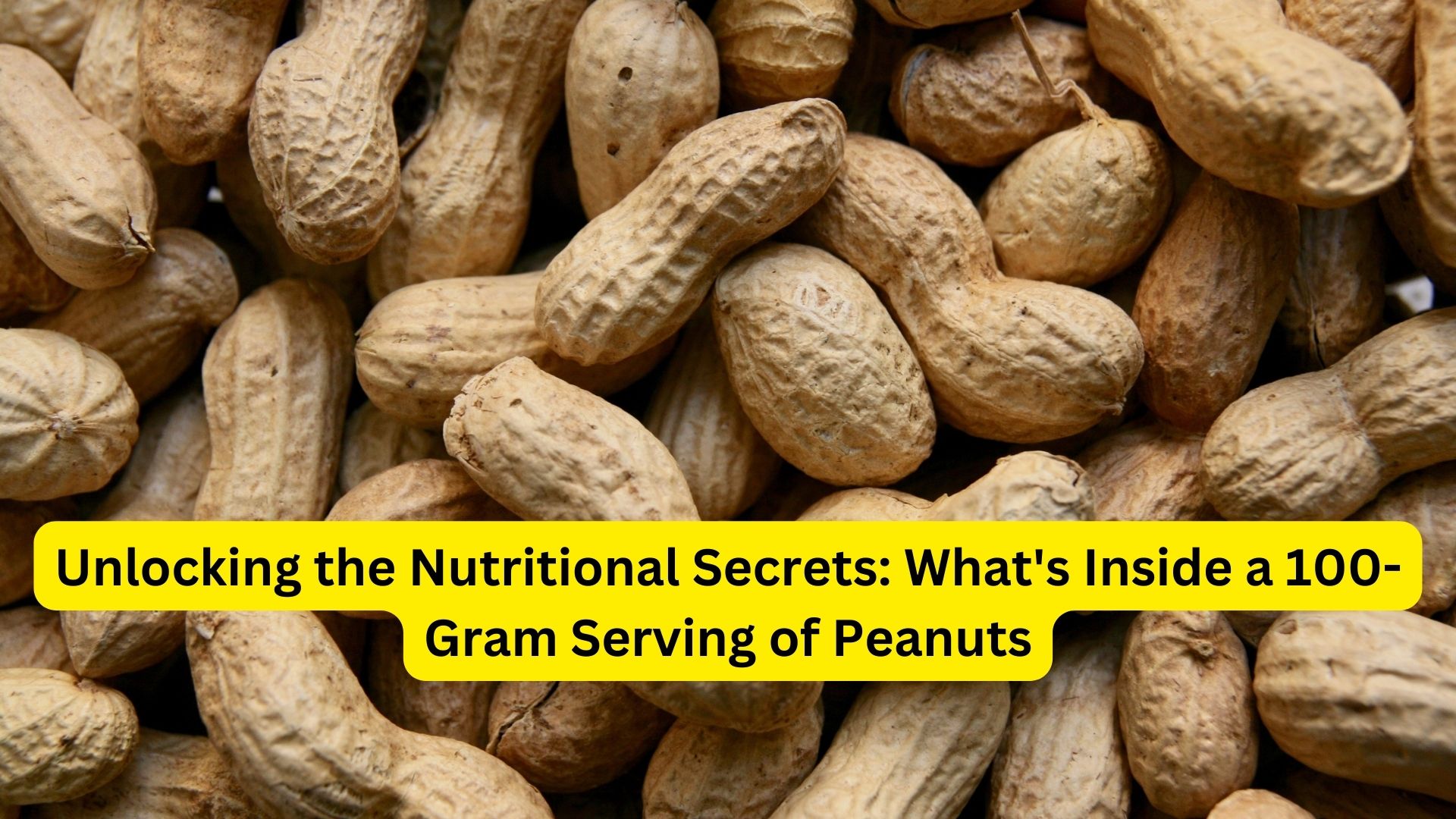
Peanuts lend a delightful nutty flavor to beloved snacks like bhel puris and pohas, but their value extends far beyond taste, offering a wealth of health benefits. These small legumes are a nutritional powerhouse, providing numerous advantages for overall well-being.
Nutritional Highlights: Peanuts boast an impressive nutritional profile, delivering a rich array of essential nutrients per 100 grams of dry-roasted peanuts (unsalted):
- Calories: 567 kcal
- Total Fat: 49.2 grams (76% DV)
- Saturated Fat: 6.8 grams (34% DV)
- Monounsaturated Fat: 24.4 grams
- Polyunsaturated Fat: 15.6 grams
- Sodium: 18 milligrams (1% DV)
- Potassium: 705 milligrams (15% DV)
- Total Carbohydrates: 16.1 grams (5% DV)
- Dietary Fiber: 8.5 grams (34% DV)
- Sugars: 4.7 grams
- Protein: 25.8 grams (52% DV)
- Vitamin E: 8.3 milligrams (42% DV)
- Thiamin (Vitamin B1): 0.6 milligrams (42% DV)
- Niacin (Vitamin B3): 12.1 milligrams (61% DV)
- Vitamin B6: 0.3 milligrams (16% DV)
- Folate: 240 micrograms (60% DV)
- Magnesium: 168 milligrams (42% DV)
- Phosphorus: 376 milligrams (38% DV)
- Copper: 1.1 milligrams (55% DV)
- Manganese: 1.9 milligrams (96% DV)
Health Benefits: Peanuts offer a plethora of health benefits:
- Nutrient-Rich: Packed with essential nutrients like healthy fats, protein, dietary fiber, vitamins, minerals, and antioxidants, peanuts provide crucial elements for overall health.
- Heart Health: The monounsaturated and polyunsaturated fats in peanuts support heart health by reducing LDL cholesterol levels, while antioxidants such as resveratrol further contribute to cardiovascular well-being.
- Weight Management: Despite their calorie density, peanuts aid in weight management by promoting satiety due to their protein, fiber, and healthy fats content.
- Blood Sugar Control: With a low glycemic index, peanuts help regulate blood sugar levels, making them suitable for individuals with diabetes when consumed in moderation.
- Antioxidant Properties: Peanuts are rich in antioxidants, combating oxidative stress, inflammation, and reducing the risk of chronic diseases.
- Nutrient Absorption: Abundant in vitamin E, peanuts facilitate the absorption of fat-soluble vitamins and promote skin health.
- Energy and Muscle Function: The protein content in peanuts supports energy production, muscle repair, and maintenance.
Considerations: When integrating peanuts into your diet, keep the following considerations in mind:
- Allergies: Peanut allergies are common and can trigger severe reactions. Avoid peanuts and peanut-containing products if allergic.
- Preparation: Opt for dry-roasted or raw peanuts over those with added salt, sugar, or unhealthy oils to maximize nutritional benefits.
- Moderation: Due to their calorie density, consume peanuts in moderation to avoid exceeding daily energy requirements.
- Individual Needs: Seek advice from a healthcare professional or registered dietitian for personalized guidance, especially if you have specific health concerns or dietary restrictions.
Incorporating peanuts into a balanced diet can enhance both the flavor and nutritional content of meals and snacks, contributing to overall well-being.
Also Read
